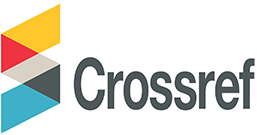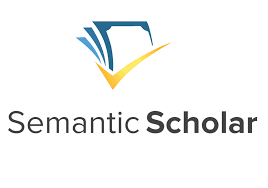Impact of Upbringing Children in A Bilingual and Multilingual Environment in Azerbaijan, Baku
DOI:
https://doi.org/10.69760/aghel.02500117Ключевые слова:
bilingualism, multilingualism, cognitive development, cultural identity, parental strategiesАннотация
The study is based on the analysis of the processes of bilingual and multilingual upbringing of children from families living in Baku and the suburbs of Baku, whose mother tongue is Azerbaijani. The study examined the influence of the current environment on the mental and social development of children. The information obtained after the survey, interview, and observation is the basis of the study. The study aimed to shed light on the positive and negative effects of bilingual and multilingual parenting processes on children and laid the groundwork for larger-scale research in the future.
Библиографические ссылки
Bialystok, E. (2011). Reshaping the Mind: The Benefits of Bilingualism. Trends in Cognitive Sciences, 15(6), 240–250.
Grosjean, F. (2010). Bilingual: Life and Reality. Harvard University Press.
Cummins, J. (2000). Language, Power, and Pedagogy: Bilingual Children in the Crossfire. Multilingual Matters.
Hoff, E. (2018). Bilingual Development in Early Childhood. Child Development Perspectives, 12(2), 80–86.
Sorace, A. (2007). Bilingualism and Language Development: The Role of Input. International Journal of Bilingual Education and Bilingualism, 10(5), 507–524.
Krashen, S. (1985). The Input Hypothesis: Issues and Implications. Longman.
Загрузки
Опубликован
Выпуск
Раздел
Лицензия
Copyright (c) 2025 Acta Globalis Humanitatis et Linguarum

Это произведение доступно по лицензии Creative Commons «Attribution-NonCommercial-NoDerivatives» («Атрибуция — Некоммерческое использование — Без производных произведений») 4.0 Всемирная.







